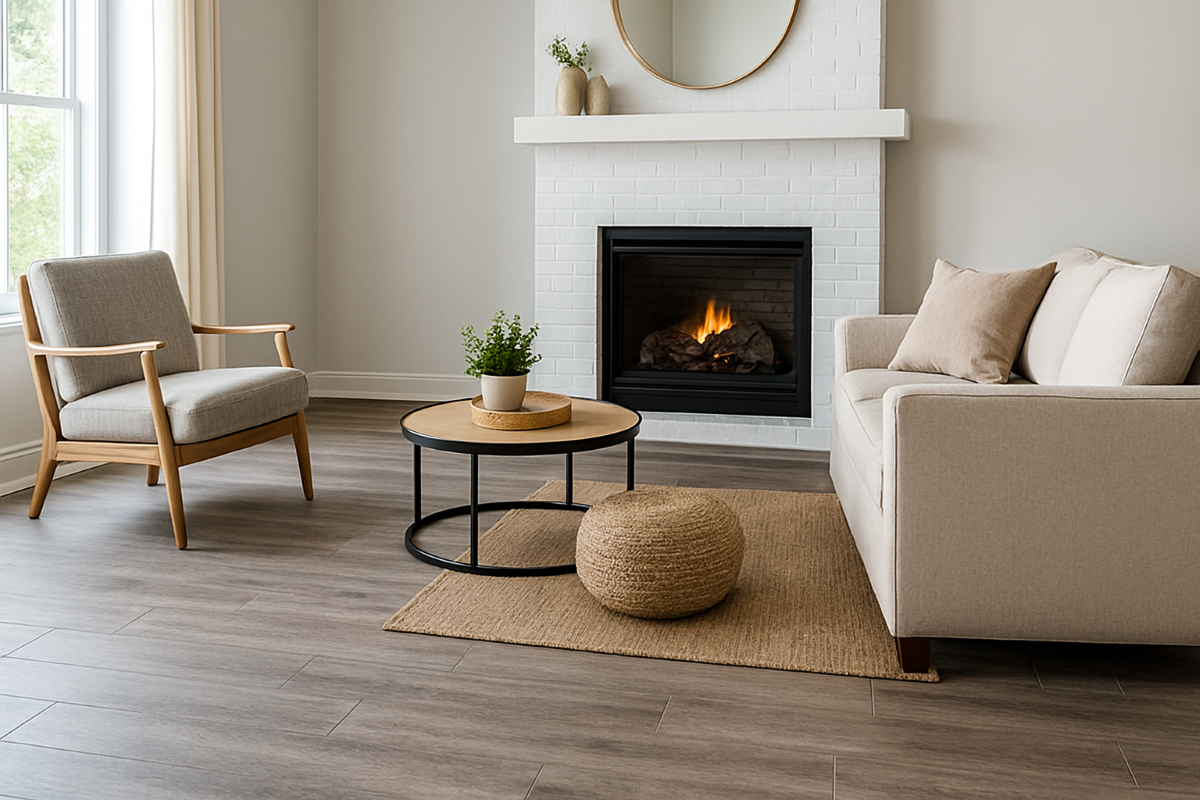
SPC vs. WPC Flooring: Which Is Better for Your Home?
|
|
Time to read 1 min
|
|
Time to read 1 min
When exploring luxury vinyl options, SPC and WPC often top the list. Both are waterproof, stylish, and durable, but their cores differ — and that difference determines which product is best for your home or project.
- Core: SPC = Stone Plastic Composite (denser, rigid). WPC = Wood Plastic Composite (lighter, cushioned).
- Durability: SPC resists dents better. WPC is more comfortable underfoot.
- Applications: SPC ideal for kitchens, basements, and commercial use. WPC is better for bedrooms and family rooms.
SPC flooring’s rigid core makes it more resistant to impact and wear. It’s perfect for high-traffic households or commercial environments. The denser construction also means better dimensional stability under temperature fluctuations.
Both SPC and WPC have their place. Your choice comes down to how you use your space. For busy families and commercial settings, SPC is unbeatable. For comfort in low-traffic rooms, WPC shines.